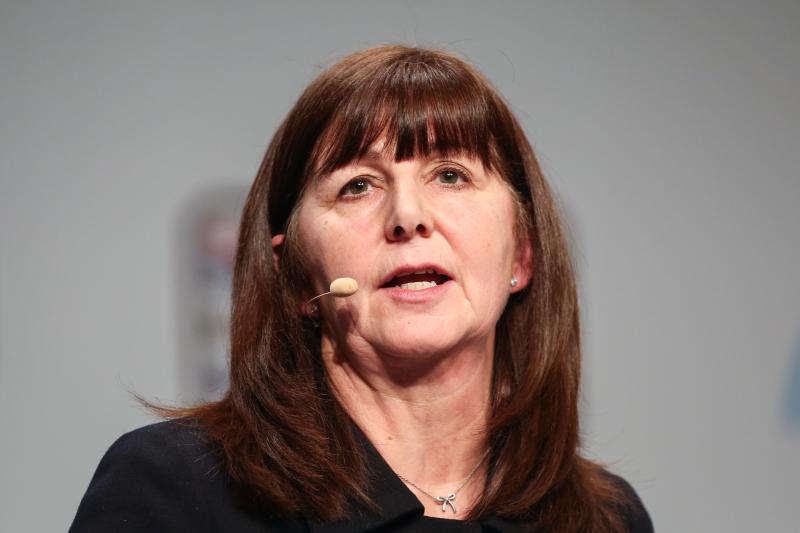12,000 respond to Welsh Government's controversial Brexit farm plans

A consultation on the Welsh Government's controversial proposals to phase out direct support in favour of two new agri-schemes has received 12,000 responses.
Rural Affairs Secretary, Lesley Griffiths said there has been an "overwhelming response" to the ‘Brexit and our Land’ consultation, and insisted all 12,000 submissions would now be reviewed.
It proposes a phased withdrawal of the EU's Basic Payment Scheme (BPS) to be replaced by two new schemes; an Economic Resilience Scheme and a Public Goods Scheme. The plan is to phase them in from 2020.
The Economic Resilience Scheme will provide investment to farmers to increase competitiveness and make improvements in food productivity, and the Public Goods Scheme will provide a new income stream to farmers delivering public goods from the land.
Ms Griffiths confirmed that changes to how the Welsh Government supports farmers "will not be rushed", and no decisions will be taken until all consultation responses have been reviewed.
However, the proposals have been met with sustained criticism from Wales' two farming unions, NFU Cymru and Farmers' Union of Wales (FUW).
Both unions believe the proposals lack acknowledgement of the importance of food production, which has proven to be a significant concern for the industry.
NFU Cymru President, John Davies said: "Frustratingly, the proposals contained within the ‘Brexit and Our Land’ consultation do not match the ambition of Welsh farmers who want to play their part in supplying safe, quality, fully traceable food that will underpin further growth of an industry currently worth £6.9 billion to the Welsh economy."
But Ms Griffiths said the new schemes would help ensure farms were "resilient and sustainable, whatever the deal on Brexit."
"I have always stated we have to provide ongoing support to farmers but we need to do so in a better, much smarter way," she said.
“I have been clear from day one. Maintaining the status quo is not an option post-Brexit because it does not help farmers adapt to the challenges of a different and rapidly moving trading environment."
Ms Griffiths added: "Whether we like it or not, the UK will leave the Common Agricultural Policy next year. That is a certainty."
She called the BPS "too blunt an instrument to deliver", criticising the scheme has not being resilient or prosperous enough for Welsh farmers.
NFU Cymru said it does not support the phasing out of current schemes until there is "clear evidence" that replacement policies can deliver at least the same level of stability for farming businesses that current policies provide.








